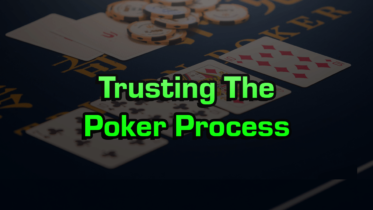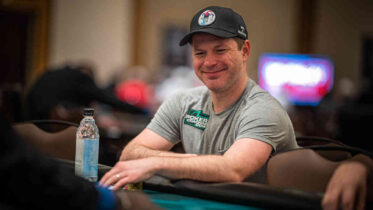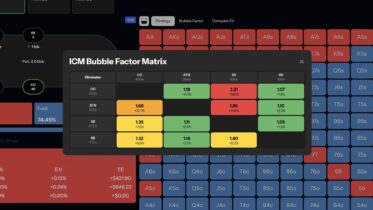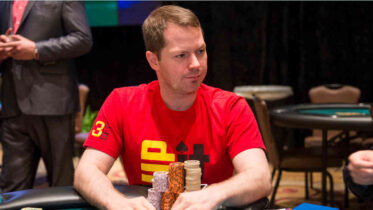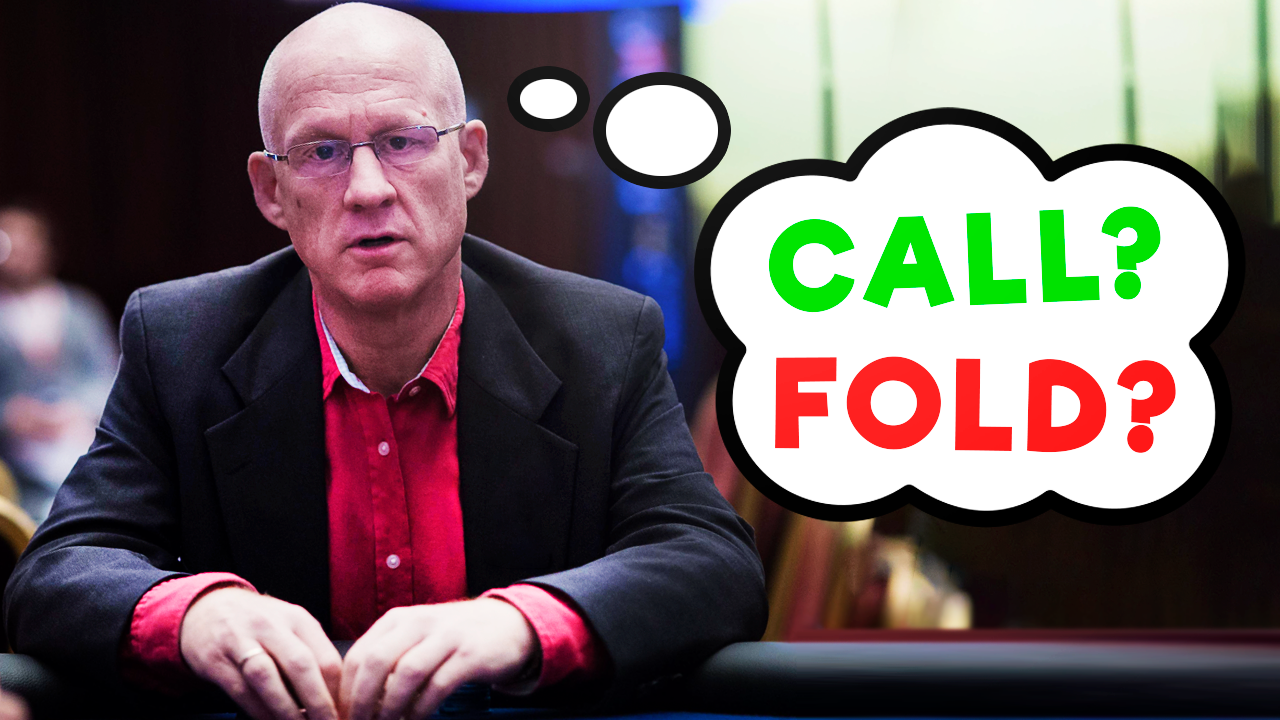For today’s, article I want to write about the process and journey of a poker player. Being a poker player, or at least a successful, high-level one, involves a process outside just sitting down at the table and playing. Such a process involves countless hours of study, warm-up routines, cool-down routines, and reviewing play among others. Today, I want to focus on the process of studying in poker.
An Abundance Of Resources
In my opinion, many talk about studying more than they do. In today’s society, we are granted instant access to many resources due to technological advancements. While this is great in many aspects, I feel the learning model suffers from this instant access of information. In poker, every player should have some sort of process that includes some form of playing, studying new material, reviewing old material, and reviewing specific hands played. I feel too many shortcuts are made by players, resulting in extremely flawed processes that lead to them not reaching their full potential.
“In today’s society, we are granted instant access to many resources due to technological advancements.“
– Matt Affleck
Only Fools Rush In
One of the most common problems I see in players is wanting a quick score or attempting to move up stakes as fast as possible. Many have the vision or goal of playing the highest stakes and want to do it as fast as possible. Take a cash game player grinding $2/$5 NLH with aspirations of playing $10/$20 NLH regularly at Bellagio.
This $2/$5 player is grinding with a $20-$30k bankroll and is winning in the game, but is break even at any $5/$10 NLH sessions they have attempted. They play a local $300 tournament, running good and winning it for $20,000. They now have extra money and instead of investing a good chunk of that $20k into savings and coaching to improve their game, they immediately jump into the $5/$10 NLH waters.
The extra money is justification because of bankroll management requirements and not by ability to beat the game. They have broken their process of grinding their way up the stakes and slowly but steadily improving. They were presented with money that could have been reinvested into training and private coaching to improve, but chose not to.
The Desire For Instant Gratification
Another way that I feel the process is broken for most poker players is that they want instant, tangible results and things given to them. For example, pre-flop hand range charts are often included in most coaching sites and can be blindly copied and implemented into their game. This is great, but hinders the long-term process of a player’s strategy and learning process.
Without a full grasp of why we play certain hands at certain depths or where to deviate from the “stock” ranges, players lack the ability to make proper adjustments in-game. In my opinion, players need to become aware of what the expected value (EV) of these opens are, what the marginal opens are, and what contributes to the EV of a specific hand class from a certain stack depth. Having an understanding of hand playability, equity realization and stack depths greatly increases the understanding and learning process of a poker player. This is all in contrast to the player that downloads a hand chart, prints it out, and blindly memorizes it.
With the evolvement of solvers, players are even given more instant feedback on correct strategies in poker. The breakdown in the learning process is even more evident now with solvers. These solvers spit out the correct strategy on any given input from the player. Within ten minutes, a player can know if they should check-raise, call, or fold a specific combo on the flop. While this is very useful, there is more to be learned from these solvers to understand the strategies that they use.
An Example Of The Process
I personally focus on the specific EV of combos in a strategy. I want to know how marginal certain combinations are, when I call a three big blind bet out of position and the flop comes Q-8-2 rainbow, that Q-J suited is an easy check-call. However, learning the EV of hands like K-J suited, 7-7, A-9 suited, and A-J suited to be able to classify them is much more important.
On a Q-8-2 rainbow board, hands like T-9 suited and J-T suited have much more value than pockets threes through sevens. This is shown by the solver folding these small pairs but always continuing J-T suited on this flop. Even A-J suited has less value than the J-T suited. Learning how to “bucket” hands in these spots and understand range interaction and EV/Equity is WAY more important than blindly copying the solver strategy. I want to know what types of hands, not what specific hands, to check-raise so in game I have the ability to best form my own strategy.
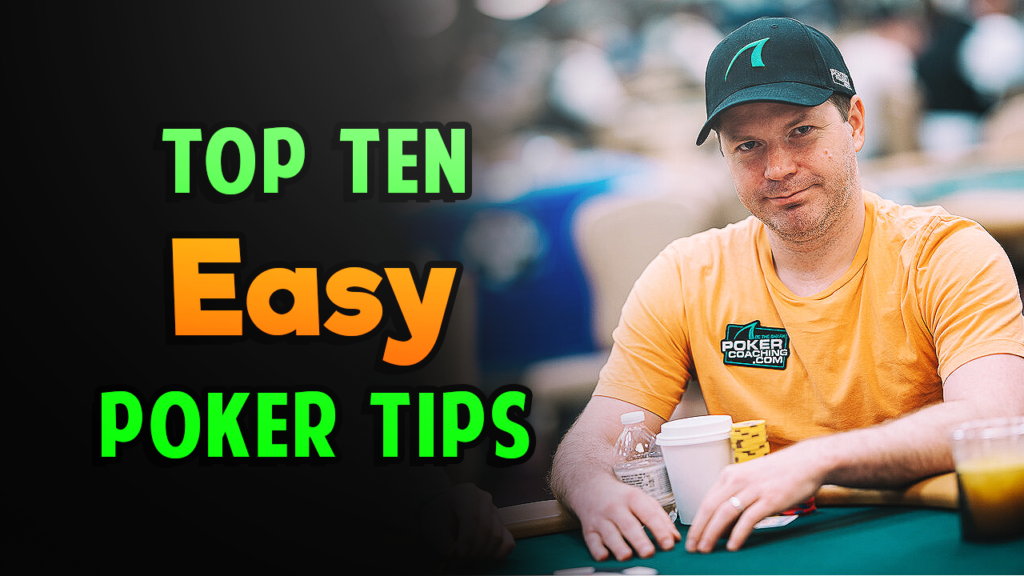
Crush cash games and poker tournaments with Jonathan Little’s Top Ten Poker Tips.
Taking A Step Back
In summary, I think most players would benefit from stepping back for a bit and looking at the macro-view of their poker career rather than focusing on the short-term, small picture. It may take longer and require more effort, but taking the long way to learn something rather than the shortcut will benefit you in the future.
I have been doing three-bet pot hand analysis by hand using minimum defense frequencies and ranges. Basically, I analyze the hand on each street to find what my ranges look like in each spot. This takes 30-45 minutes, rather than plugging it into a solver for 5 minutes. I check my work later and compare it to the solver. I can see the differences and begin to understand the decisions it made, which helps me in-game develop my ranges better and quickly develop a more accurate strategy.
Try more processes to help improve your game and learning. Go back and review fundamentals of the game like push/fold’s. It’s amazing how rusty and bad regulars are at their push/fold/call game. It’s like an NBA player being a bad dribbler, it is such a fundamental part of the game they should be practicing every day.
Love the process of being a poker player, not just the outcome, and you will find vast improvements in your game and results.
